Emotional abuse
-
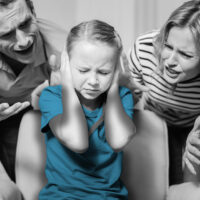
Words Matter: Understanding, Impact, and Prevention of Childhood Verbal Abuse
Set of three webinars on Childhood Verbal Abuse (CVA). This is characterised by adults shouting, yelling, denigrating, and verbally threatening the child. These types of adult actions can be as damaging to a child’s development as other currently recognized and forensically established subtypes of maltreatment such as childhood physical and sexual abuse.
- Event type
- 3 x90min webinars
- Location
- LIVE STREAM
-

Trauma Aware Education
Dr. Judith Howard, Associate Professor of Education at Queensland University of Technology (QUT), and Dr. Lyra L’Estrange, Senior Lecturer in Education at Queensland University of Technology (QUT), will lead this session on Trauma Aware Education on ‘An education system solution to the complex systemic problem of child abuse and neglect: One Australian university’s approach’.
- Event type
- Live Stream
- Location
- LIVE STREAM
-
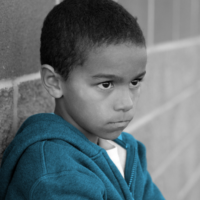
Trauma informed practice in safeguarding
Delegates only.
Read more
ACAMH in collaboration with Child & Family Training presents a series of four online sessions on ‘Trauma informed practice in safeguarding – The provision of effective toxic stress and trauma informed responses and support for children and young people affected by abuse and neglect.’ -

ACEs – Adverse Childhood Experiences
Adverse Childhood Experiences (ACEs) are defined as situations that lead to an elevated risk of children and young people experiencing damaging impacts on their health and other social outcomes across the life course.
Read more -
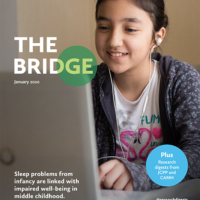
January 2021 – The Bridge
This issue of The Bridge features summaries of recent child and adolescent mental health research. I hope you enjoy reading about this excellent work which improves our understanding of a wide range of conditions and informs mental health care for young people.
Read more -
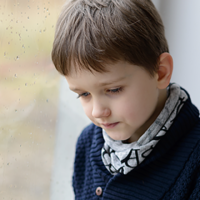
Emotional abuse during childhood is linked with differences in brain structure
Delia Gheorghe and colleagues at the University of Oxford have harnessed data from the UK Biobank to delineate the relationship between adverse experiences and brain structure. The researchers accessed brain imaging data together with retrospective reports of childhood adversity and adulthood partner abuse from more than 6,000 adults (mean age, 62.1 years).
Read more -

Female Pioneers: Tamsin Ford CBE on psychologist and analyst Alice Miller
To celebrate International Women’s Day, three ACAMH luminaries shine the spotlight on the female pioneers of child and adolescent psychology, psychiatry and psychoanalysis, they most admire. “Miller stands out because she demonstrated critical thought and was prepared to openly change her stance in the light of her research findings.”
Read more -
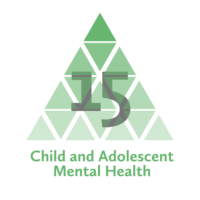
Most cited CAMH paper #15 of 25: Linking lack of care in childhood to anxiety disorders in emerging adulthood: the role of attachment styles
Adriano Schimmenti, Antonia Bifulco.
Read more
Key Practitioner Message includes; Using life span models of experience and development can help identify specific risk pathways from childhood to later disorder to aid prevention strategies -
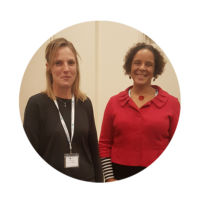
In Conversation… Professor Helen Minnis discusses attachment
Professor Minnis discusses her current innovative research with the BeST? Study, which aims to find out what is the best service for young abused and neglected pre-school children coming into foster care.
Read more -

Early adversity impacts on associative learning
Exposure to adversity during childhood negatively impacts on behavioural development due to suboptimal associative learning, according to data from a new study.
Read more